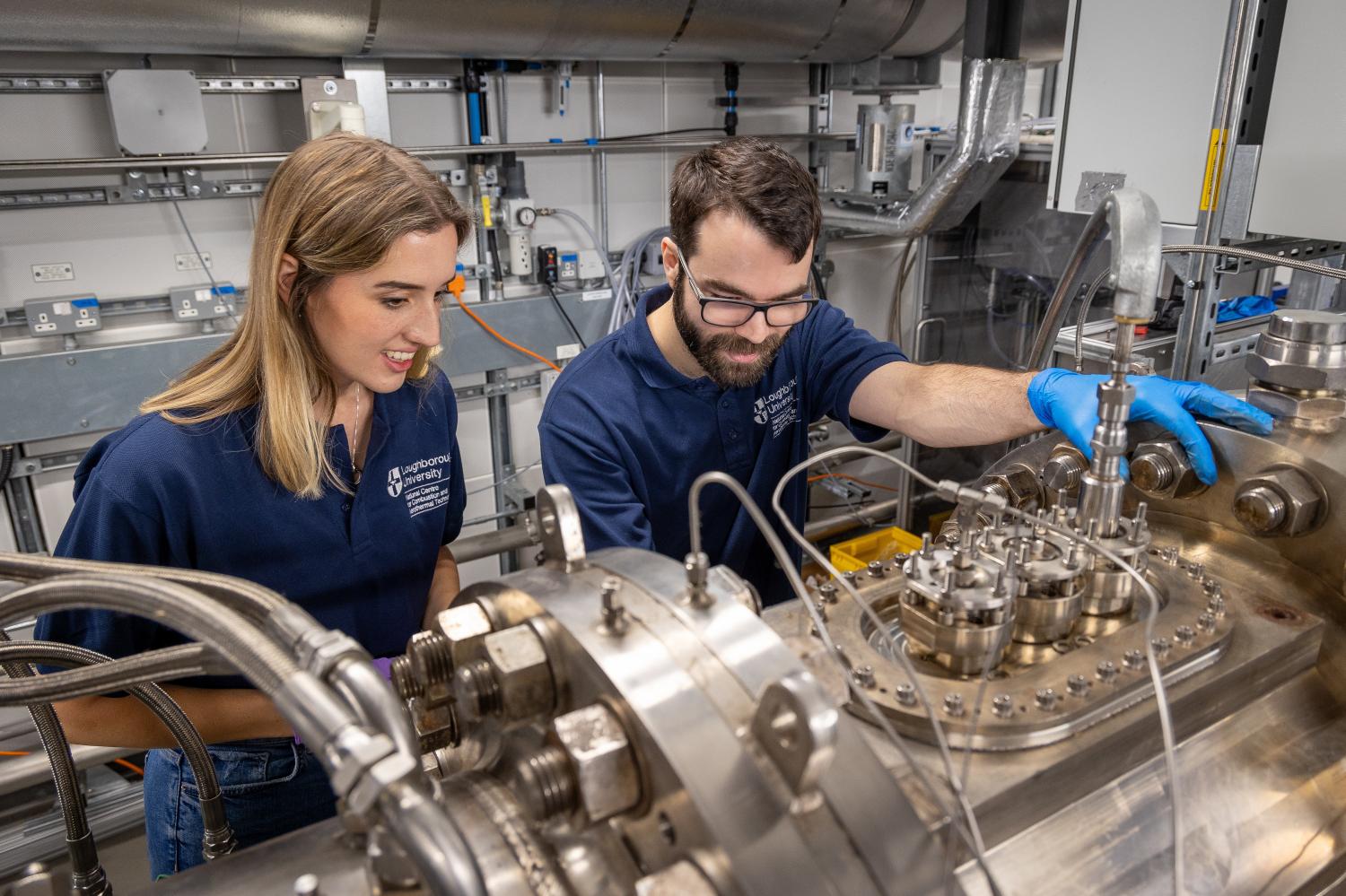
Jet engine producer Rolls-Royce expects green engines for aircraft, designed to be more environmentally friendly, to become more popular amid global efforts to cut greenhouse gas emissions.
Many countries set different time frames to achieve a net-zero target, a balance between greenhouse gas emissions and absorption, in order to cope with global warming, which causes climate change.
Rolls-Royce is developing technology that supports electric aircraft as well as hydrogen combustion engines for a range of aircraft to support the net-zero campaigns, said Bicky Bhangu, president of Rolls-Royce Southeast Asia, Pacific and South Korea.
"Rolls-Royce expects that the market is still a few years away in electrical aviation to commercialise at scale and hydrogen powered aircraft is likely to be 2035," he said.
Europe, the US, Japan and South Korea will be the company's first markets for the new jet engines because they have high growth potential given government support of the new technology, said Mr Bhangu.
Rolls-Royce operates businesses across various sectors, including civil aviation, power systems, defence technology and small modular reactors.
The company is determined to be part of governments' efforts to promote more eco-friendly engine development, in line with the sustainability concept, he said.
The aviation industry emits around 2% of total carbon dioxide emissions worldwide, according to Rolls-Royce.
After nearly shutting down during the pandemic, the aviation industry has recovered to 80-90% of levels before 2020, said Mr Bhangu.
"The number of travellers continues to rise, which should help both aviation and tourism businesses," he said.
The Thai government is working on plans to develop the U-tapao aviation city as well as a maintenance, repair and overhaul (MRO) centre at the U-tapao airport in the Eastern Economic Corridor (EEC).
"The EEC will support the aviation industry and MRO in the region. This is good for Thailand because both have high potential to drive the Thai economy," said Mr Bhangu.
Rolls-Royce is working closely with the Board of Investment to identify opportunities to expand its aerospace manufacturing footprint in Thailand, he said.